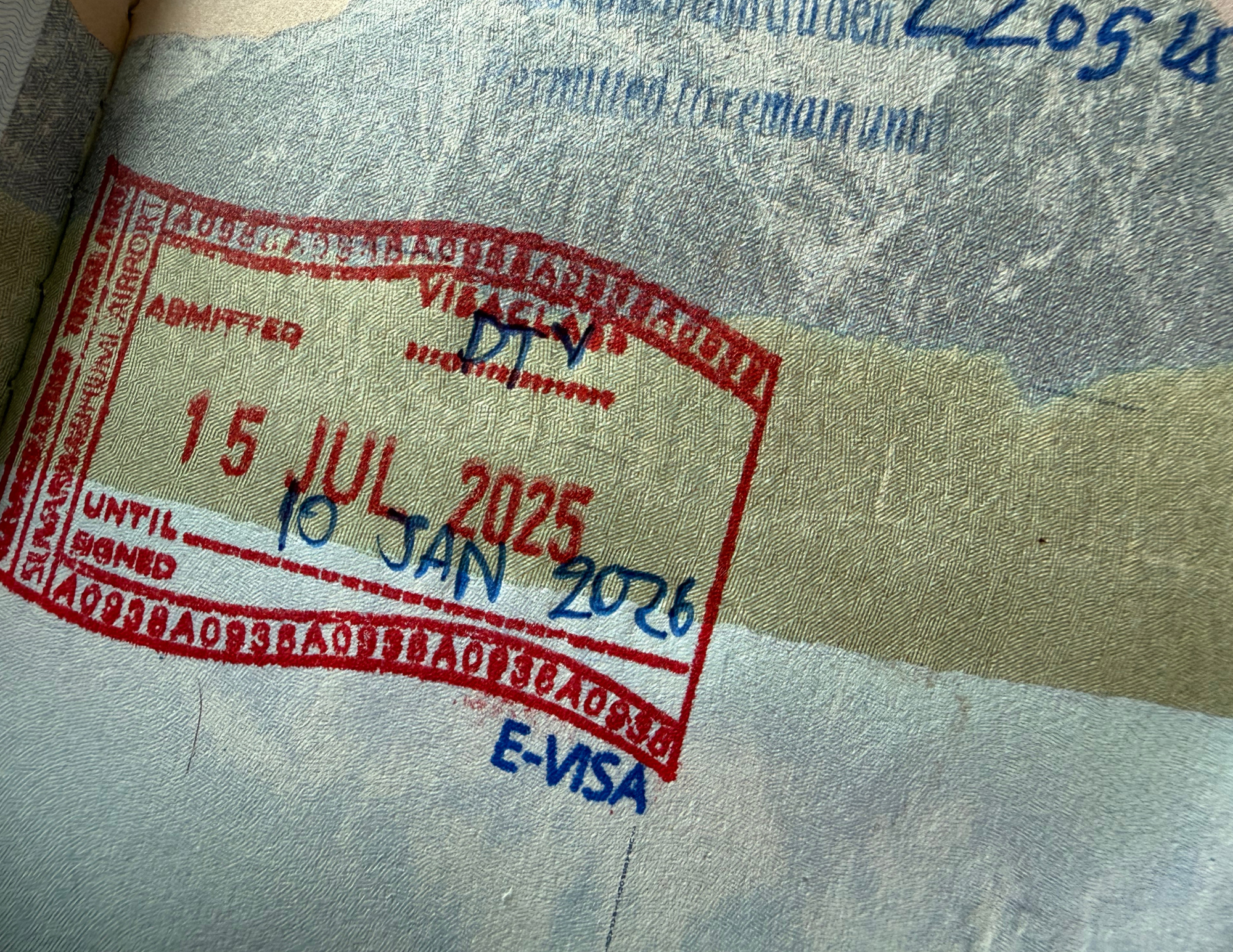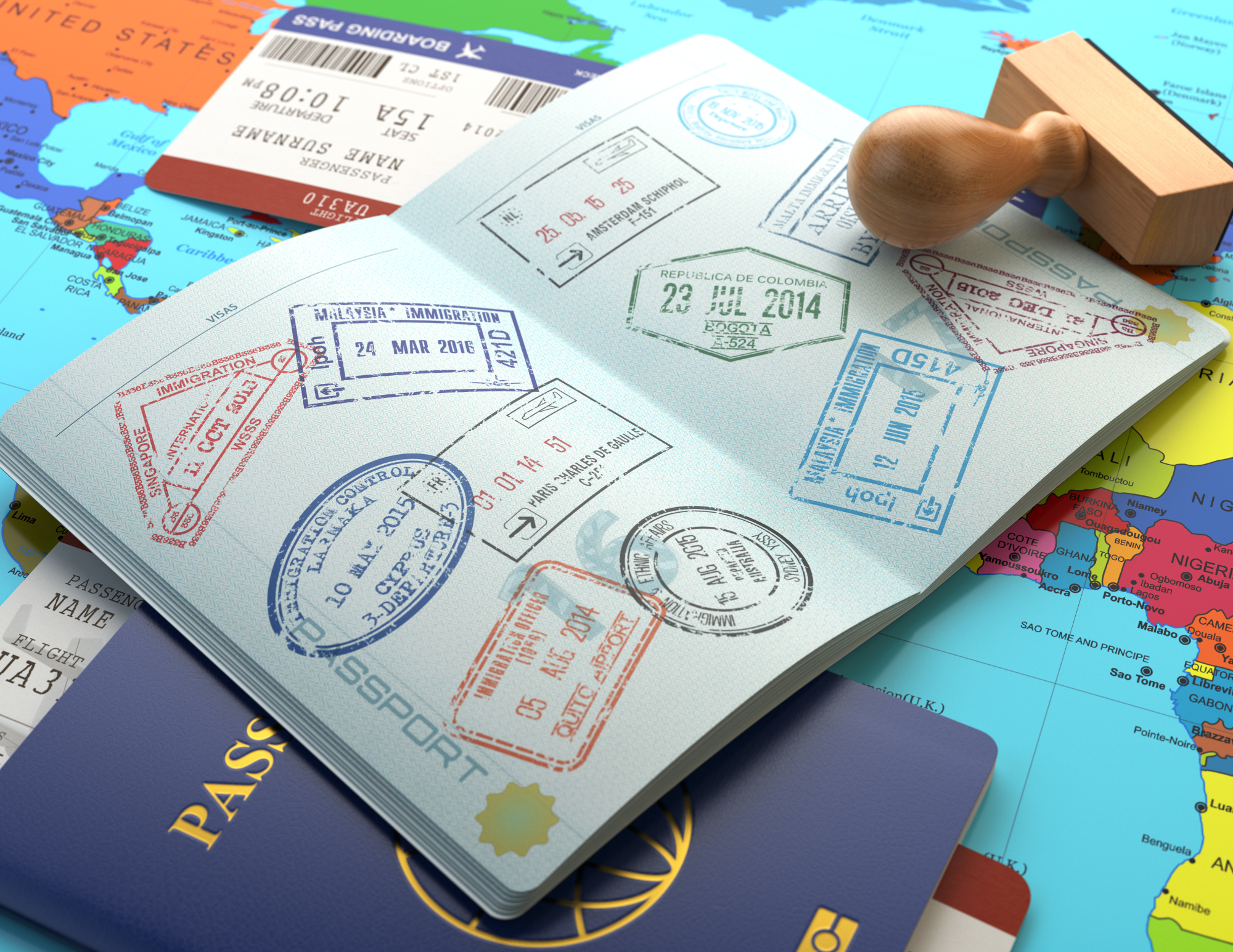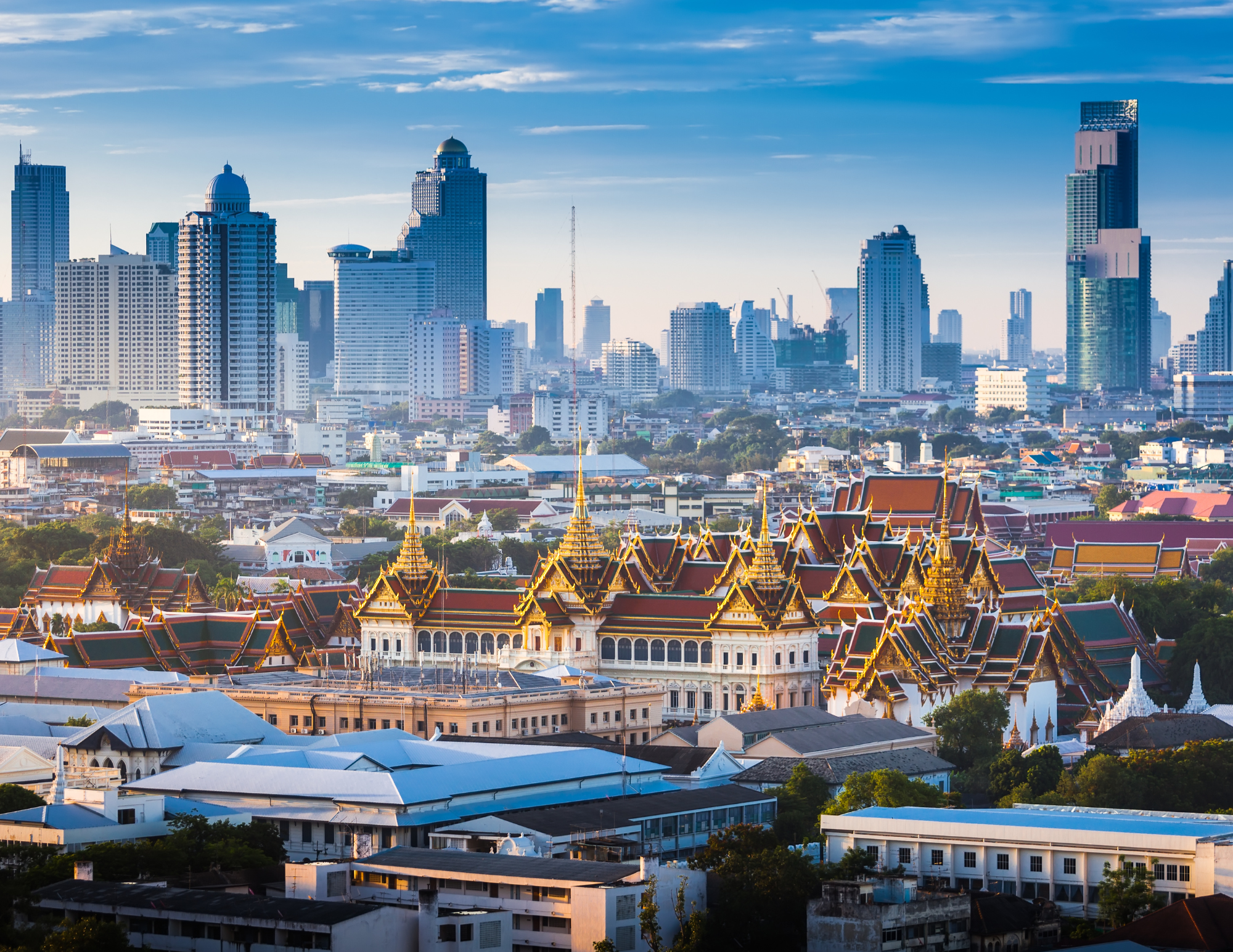Moving to Thailand wasn’t just a change of address for me-it was a decision to choose peace, everyday joy, and a slower rhythm over the constant noise. I’m writing this from Bangkok, where my days look like coffee runs, BTS rides, temple bells, and long evening walks that remind me why I came. But here’s the part no one puts on the postcard: if you want this life to last, you can’t wing it on tourist stamps and wishful thinking. Yes, Americans can visit for up to 60 days and even extend once, but that’s for visiting-not for building a life. If you’re serious about living here, you need a visa that truly fits your reality-DTV if you work remotely, or Retirement if you’re 50+-and you need to know what these paths do not promise: automatic residency or citizenship. Thailand has tightened the shortcuts, and honestly, that’s a good thing-it protects the life we love here. In this guide, I’ll walk you through what actually works in 2025, what to avoid, and how to do this the right way so you can exhale, unpack, and stay.
The short version (read this first)
-
Visits: U.S. passport holders can enter visa-free for up to 60 days and often extend +30 days at Immigration (fee applies). That’s great for travel-not a long-term plan.
-
Living in Thailand? Get the correct long-stay visa. Authorities have tightened enforcement on people trying to live here on serial tourist entries or “creative” work/study claims.
-
Two practical picks for most readers:
-
DTV (Destination Thailand Visa) for genuine remote workers/freelancers/soft-power activities; and
-
Retirement (Non-Immigrant O/O-A or O-X) if you’re 50+.
-
-
Reality check: Most visas do not create a direct path to permanent residency (PR) or citizenship. PR is quota-limited and typically follows years on a non-immigrant status in specific categories (work/investment/family), not tourism or DTV alone. (See “Residency & citizenship.”)
1) Short stays the right way (visa-exempt entry & tourist visas)
Visa-exempt entry (Americans): U.S. citizens can enter without a visa for up to 60 days for tourism/short visits. Many travelers can apply for a +30-day extension at a Thai Immigration office (fee typically 1,900 THB; officer discretion).
Tourist visa (TR / Multiple-Entry TR): If you prefer applying in advance, the Tourist Visa (TR) generally gives up to 60 days, usually extendable +30 days after arrival. The Multiple-Entry TR allows repeated entries during its validity with up to 60 days per entry. Apply via Thailand’s official e-Visa system (link below).
Official references:
-
Royal Thai Embassy (Washington, DC) – Visa Information: https://washingtondc.thaiembassy.org/en/page/visa-information
-
Royal Thai Embassy (Washington, DC) – Tourist Visa (TR): https://washingtondc.thaiembassy.org/en/page/trsingle-entry
-
U.S. Embassy Bangkok – Thai visas for Americans: https://th.usembassy.gov/u-s-citizen-services/thai-visas-americans/
-
Thai e-Visa (MFA): https://www.thaievisa.go.th/
2) My two best long-stay picks for most Americans
A) DTV - Destination Thailand Visa (for remote work & “soft-power” activities)
What it is: A 5-year, multiple-entry visa designed for remote workers, freelancers, and people joining recognized “soft-power” activities (e.g., Muay Thai or culinary training, wellness/medical, seminars). Each entry: up to 180 days, and you can extend once per entry for up to another 180 days at the Immigration Bureau. After 180+180 you must exit and re-enter (as long as the DTV is still valid).
Key points:
-
Validity/entries: 5 years, multiple entries. Stay: 180 days per entry, one extension up to 180 days.
-
Financials: Show at least 500,000 THB (or equivalent) in funds/supporting evidence.
-
Who it fits: People working for non-Thai employers/clients (true remote work), or joining approved soft-power activities.
-
Who it doesn’t fit: Those planning to work for a Thai company (you’d need Non-B + work permit or, if eligible, LTR).
Official references:
-
Royal Thai Embassy (London) – DTV overview: https://london.thaiembassy.org/en/page/destination-thailand-visa
-
Royal Thai Embassy (Helsinki) – DTV details (180+180 extension): https://helsinki.thaiembassy.org/en/publicservice/destination-thailand-visa-dtv?menu=5d80876d15e39c3354007bb1&page=5f49f4a199a85e260f4278de
-
Taipei Thai Office – DTV required funds (500,000 THB): https://tteo.thaiembassy.org/th/publicservice/the-destination-thailand-visa-dtv?cate=5d7dba6715e39c072c00415a
Tax note: If you stay ≥180 days in a calendar year, you’re generally a Thai tax resident and may have Thai filing obligations. Seek professional advice.
B) Retirement - if you’re 50+
Two common pathways used by Americans:
1) Non-Immigrant O (retirement purpose) / O-A (1-year “Long Stay”)
-
Age: 50+; no employment.
-
Finances (typical for O retirement): 800,000 THB in bank or 65,000 THB/month income (or a combination). Requirements can vary slightly by consulate.
-
Insurance (O-A): Most posts require health insurance covering at least 3,000,000 THB (≈$100,000) per year (including COVID), plus specified inpatient/outpatient minimums.
-
Stays & reporting: Usually a 1-year stay, renewable annually in Thailand if you keep meeting the rules; 90-day address reporting required.
2) Non-Immigrant O-X (10-year)
-
Age: 50+; no employment.
-
Validity: Granted in two 5-year periods (total up to 10 years).
-
Finances: 3,000,000 THB deposit in a Thai bank or 1,800,000 THB deposit + 1,200,000 THB/year income; you must maintain the required balances after entry.
Official references:
-
Royal Thai Consulate (Los Angeles) – Non-Immigrant O (Retirement): https://thaiconsulatela.thaiembassy.org/en/publicservice/non-immigrant-type-o-retirement
-
Royal Thai Embassy (Washington, DC) – O-A Long Stay: https://washingtondc.thaiembassy.org/en/page/non-oa
-
Royal Thai Embassy (Ottawa) – O-X (10-Year): https://ottawa.thaiembassy.org/en/publicservice/non-immigrant-visa-o-x-10-year-long-stay-visa?menu=5f223691ebdbb920f334d002&page=5f22345fc9f293258979a013
3) Other routes people ask about (very short)
-
LTR (Long-Term Resident) Visa – 10 years: For specific categories (e.g., wealthy retirees, high-income remote professionals, experts). Strict income/asset/experience thresholds; not PR. Official site: https://ltr.boi.go.th/
-
Marriage (Non-Immigrant O → annual extensions): If married to a Thai citizen and meeting financial criteria.
-
Education (ED): Legit study only; authorities scrutinize non-genuine enrollments.
-
Employment in Thailand: Non-Immigrant B + work permit (unless eligible LTR category).
4) Residency & citizenship: what’s realistic
-
Permanent Residency (PR): Thailand accepts PR applications only during limited windows and PR is quota-limited by nationality each year. Typical eligibility requires multiple years on a non-immigrant visa (e.g., employment/investment/family). Tourist, DTV, and retirement alone don’t directly lead to PR. See the Immigration Bureau.
-
Citizenship (naturalization): Generally pursued after PR, with residency duration, good-conduct, and Thai language requirements. It’s a separate, lengthy process.
Immigration Bureau (official):
-
Main site: https://www.immigration.go.th/
-
90-day reporting info (English): https://immigration.go.th/en?page_id=1666
5) Compliance & tax must-knows
-
Extensions & fees: Tourist extensions are done at Thai Immigration (bring passport, photo, forms, cash in baht). The +30-day tourist extension fee is 1,900 THB, granted at officer discretion.
-
90-day reporting: Most non-immigrant long stays require 90-day address reporting (online, by mail, or in person).
-
Re-entry permits: If your stay is single-entry and you’ll travel, get a re-entry permit before you leave or you’ll lose your permit to stay.
-
Tax residency: ≥180 days in a calendar year generally makes you a Thai tax resident. Understand how foreign income is treated and speak to a tax pro. Official guidance: https://www.rd.go.th/english/6045.html
6) Which visa should you pick?
-
You work remotely for a non-Thai employer/clients & want flexibility: DTV fits best (legal, longer stays, simple re-entries).
-
You’re 50+ and want stability without working: Retirement O/O-A (1-year) or O-X (10-year), depending on your finances and consulate requirements.
-
High income / specialized expert: Review LTR categories.
7) How to plan your move (quick checklist)
-
Choose the right visa (DTV vs. Retirement vs. other).
-
Apply on the official e-Visa portal or the embassy/consulate where you’ll apply (requirements vary slightly by post): https://www.thaievisa.go.th/
-
Prepare evidence (funds, insurance, remote-work documents, police/medical certificates if required).
-
Arrive & comply (extensions, 90-day reports, TM30 lodging notification via your landlord).
-
Mind taxes if you’ll be in Thailand ≥180 days in a year: https://www.rd.go.th/english/6045.html
8) Official links to keep on your page
-
Royal Thai Embassy (Washington, DC) – Visa info: https://washingtondc.thaiembassy.org/en/page/visa-information
-
Royal Thai Embassy (Washington, DC) – Tourist Visa (TR): https://washingtondc.thaiembassy.org/en/page/trsingle-entry
-
U.S. Embassy Bangkok – Thai visas for Americans: https://th.usembassy.gov/u-s-citizen-services/thai-visas-americans/
-
Thai e-Visa (MFA): https://www.thaievisa.go.th/
-
DTV (pick one clear explainer):
-
Retirement visas:
-
O Retirement (Los Angeles): https://thaiconsulatela.thaiembassy.org/en/publicservice/non-immigrant-type-o-retirement
-
O-A (Washington, DC): https://washingtondc.thaiembassy.org/en/page/non-oa
-
-
LTR (Board of Investment): https://ltr.boi.go.th/
-
Immigration Bureau (90-day reporting): https://immigration.go.th/en?page_id=1666
-
Thai Revenue Dept. (tax residency 180 days): https://www.rd.go.th/english/6045.html
Thailand is welcoming-if you play by the rules. Use the 60-day visa-exempt entry (+30-day extension) for visiting, not for living here long-term. If you’re moving, pick a status that fits your reality: DTV for genuine remote work/soft-power activities, or Retirement if you’re 50+. Neither is a shortcut to residency or citizenship, but both are solid, legal foundations for building your life here-with far fewer headaches down the road.

Up-to-date, easy guide for Americans moving to Thailand: how the 60-day entry + 30-day extension works, the DTV “digital nomad” visa, retirement visas (O-A/O-X), LTR basics, and why most visas don’t lead to residency or citizenship—plus compliance and tax tips with official resources.




